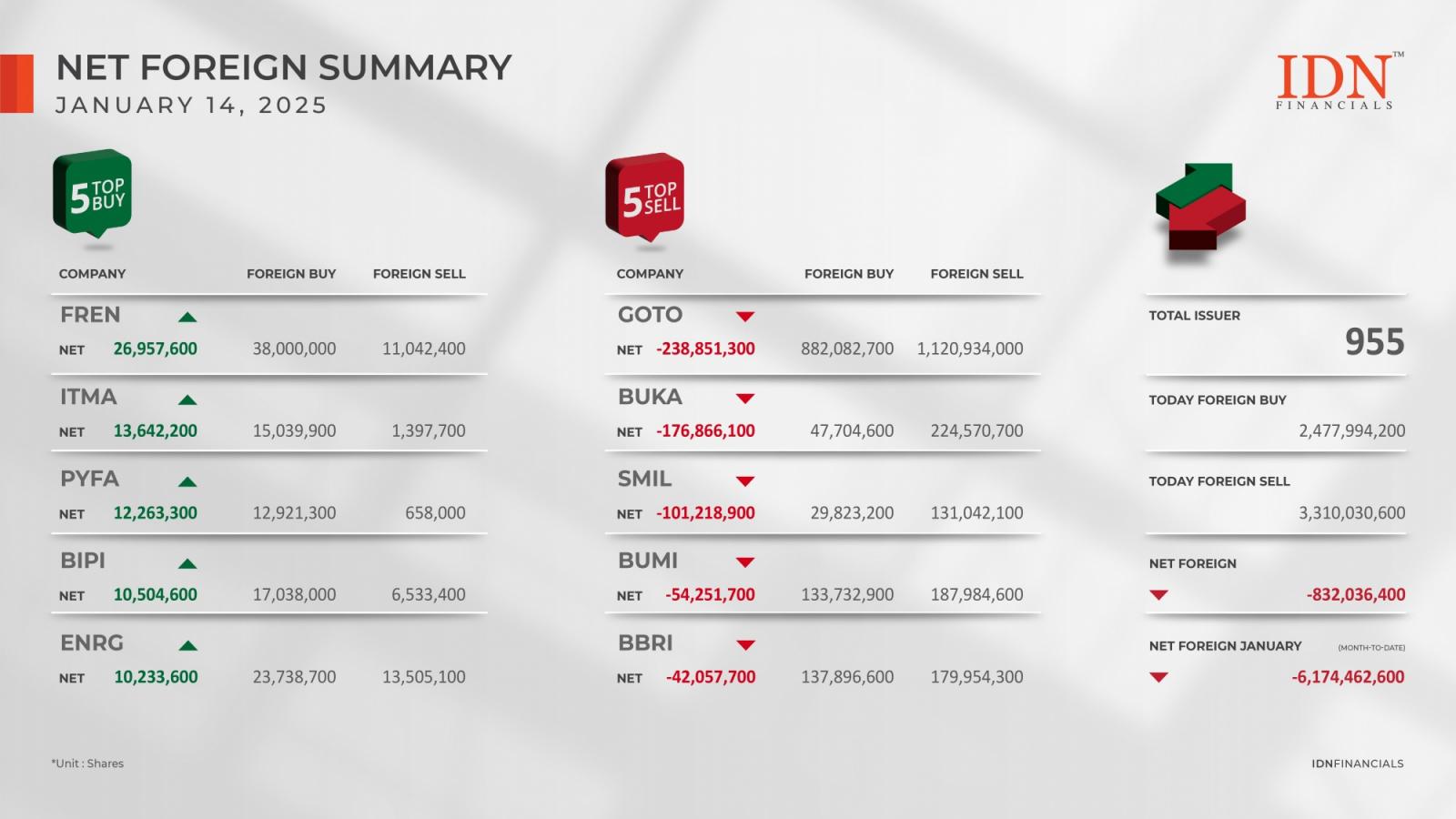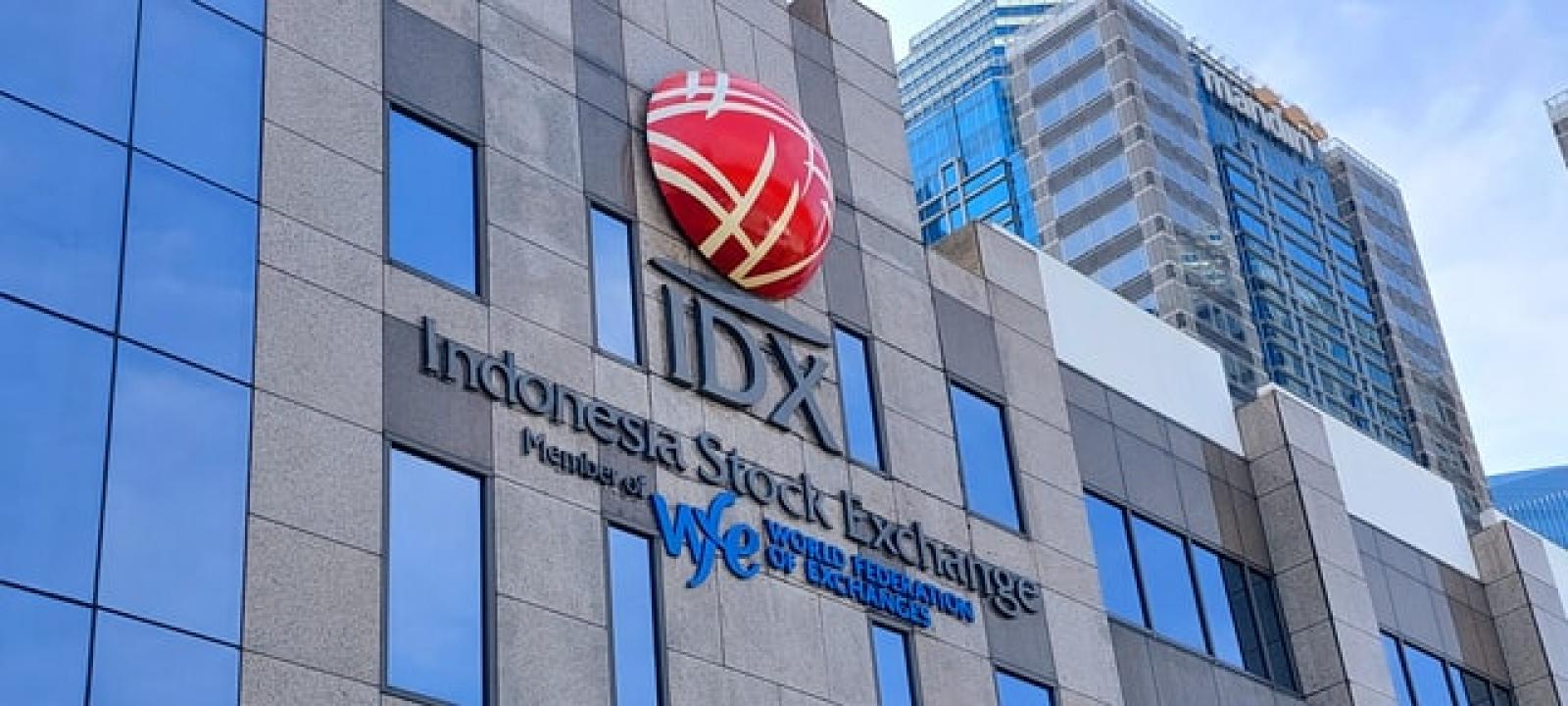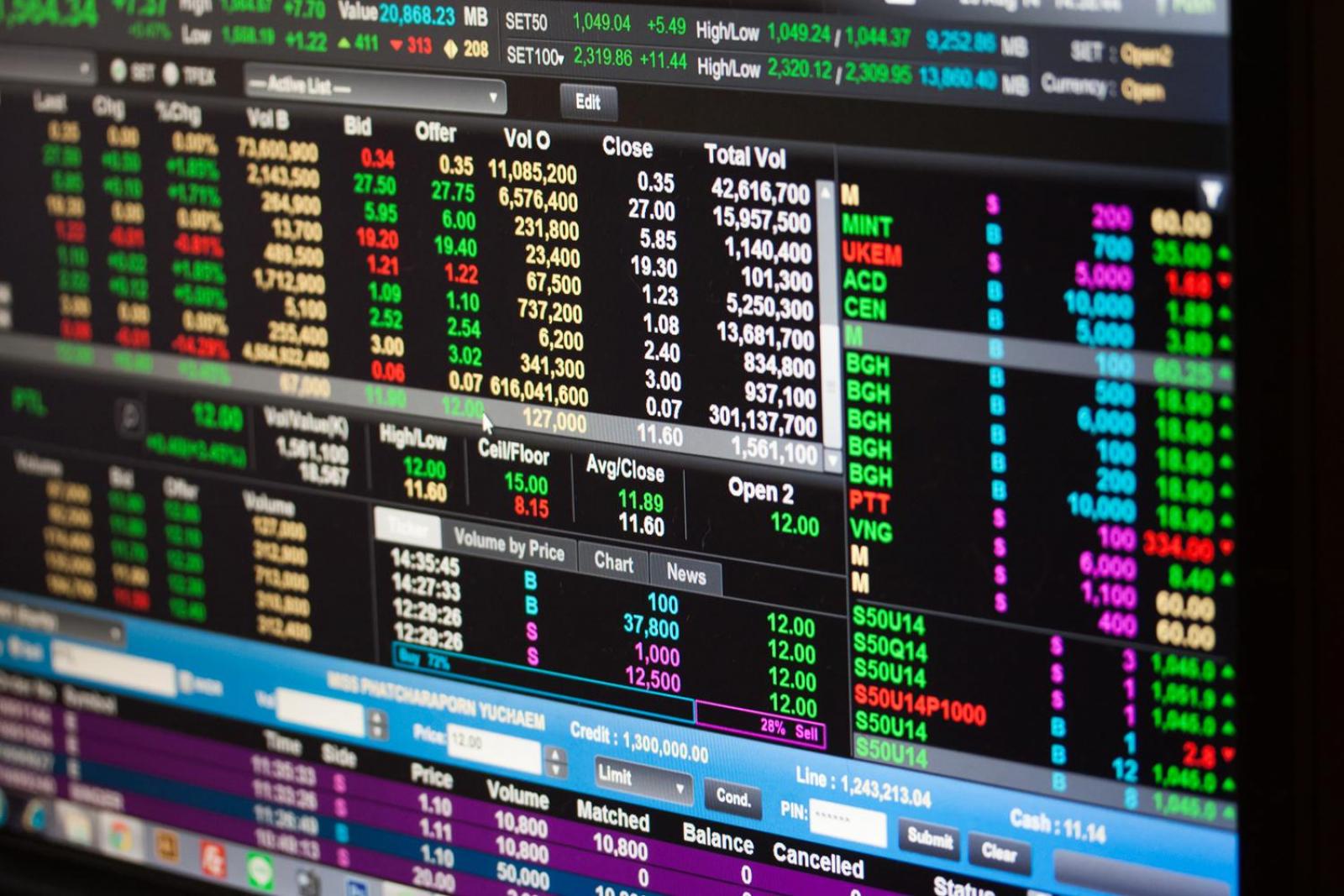
Asian stocks turned in a mixed performance on Friday as Federal Reserve Chair Jerome Powells remarks poured cold water on rate cut optimism and mixed economic data highlighted Chinas uneven economic recovery.
Gold hovered near $2,560 per ounce in Asian trade as the dollar consolidated weekly gains ahead of the release of U.S. retail sales data due later in the day.
Oil prices were set for a weekly loss on concerns over slowing demand in China, the worlds biggest crude importer.
Chinas Shanghai Composite index fell 1.45 percent 3,330.73 on concerns around slowing economic growth. Hong Kongs Hang Seng index finished marginally lower at 19,426.34 after a choppy session.
Data showed earlier today that Chinas industrial output expanded at a slower-than-anticipated 5.3 percent in October, while retail sales jumped an annual 4.8 percent to surpass expectations boosted by a week-long holiday and the annual Singles Day shopping festival.
Property investment fell 10.3 percent year-on-year in January-October and fixed asset investment growth in the first ten months of 2024 came in below expectations, keeping alive calls for Beijing to unveil more stimulus.
Japanese markets eked out modest gains as a weakening yen boosted export-related shares.
The U.S. dollar hit an around four-month high in the upper 156-yen zone as weak Q3 GDP data dampened expectations for more rate hikes by the Bank of Japan.
The Nikkei average rose 0.28 percent to 38,642.91, snapping a three-day losing streak. The broader Topix index settled 0.39 percent higher at 2,711.64.
Automaker Honda Motor rallied 2.2 percent, Toyota added 1.4 percent and Nissan surged 4.5 percent.
Seoul stocks ended little changed, with the Kospi average finishing marginally lower at 2,416.86 after a choppy session.
Car battery maker LG Energy Solution plunged 12.1 percent and Samsung SDI lost 6.8 percent after reports that U.S. President-elect Donald Trumps transition team plans to scrap the US$7,500 tax credit for EV purchases as part of broader tax legislation.
Australian markets rose notably but ended the week marginally lower due to disappointment over Chinas $1.40 trillion stimulus package unveiled over the last weekend.
The benchmark S&P/ASX 200 climbed 0.74 percent to 8,285.20, with banks leading the surge. The broader All Ordinaries index gained 0.70 percent to close at 8,539.
Across the Tasman, New Zealands benchmark S&P/NZX-50 index finished marginally lower at 12,684.88 as a survey showed manufacturing activity in the country contracted for a record 20th consecutive month.
U.S. stocks ended lower overnight after data showed producer price inflation rose in October and Fed Chair Jerome Powell said the U.S. central bank does not need to rush to lower interest rates and can approach decisions carefully.
Data showed a higher-than-expected annual wholesale inflation rate of 2.4 percent in October, marking the highest level in three months.
Weekly jobless claims fell last week, suggesting the weak October government payrolls report was an anomaly.
Powell lauded the economy as remarkably good, the labor market as solid and noted that inflation was running much closer to the banks target.
The Dow dipped half a percent while the tech-heavy Nasdaq Composite and the S&P 500 both shed around 0.6 percent.





